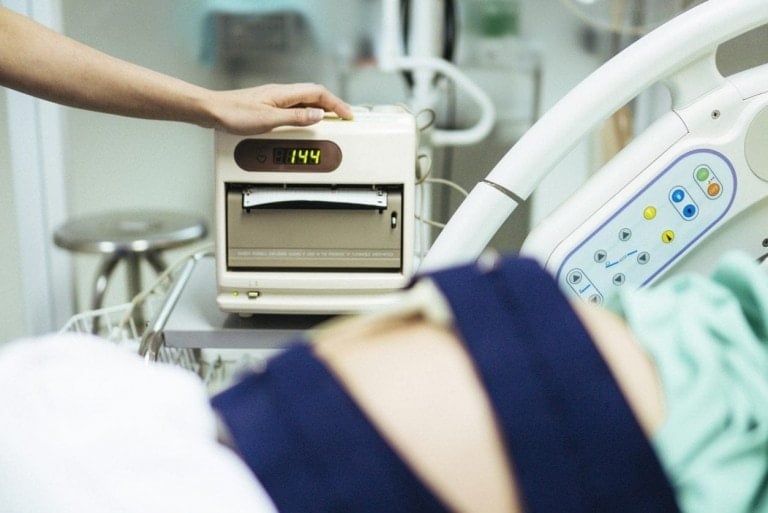Welcome to the second trimester! Your trusted guidebook says that this is going to be the most comfortable phase of your pregnancy, and you’re looking forward to it. Radiating a spirit of confidence, you begin the day with the tooth brushing routine. All of a sudden, your effervescent demeanor seems to be replaced by a sense of uneasiness. You realize that what you’ve just rinsed out, looks unmistakably blood-tinged! Leaning toward the mirror, you peer anxiously into your mouth. If it looks to you that your gums look noticeably redder and slightly swollen, don’t panic. Unfortunately, gum infections can be a common problem during pregnancy. Here’s what you need to know about pregnancy, gum infections, and neonatal health.
Pregnancy and Gum Infections
Pregnancy, itself, does not cause gingivitis or gum inflammation. The hormonal changes during pregnancy alter the response of the gum tissues to oral bacteria. Increased levels of estrogen and progesterone can dilate the tiny blood vessels present in the gums, and make them more permeable. These mechanisms increase the risk of inflammation leading to a condition called “pregnancy gingivitis.”
If left untreated, the condition may worsen and involve the deeper supporting tissues leading to gum disease. Gum infections are silent infections that go undiagnosed until irreparable damage occurs. One or more of the following changes may become noticeable from the second or third month of pregnancy and increase in severity by the eighth month:
- Redness, tenderness, swelling of gums.
- Bad breath.
- Gums that bleed on brushing or eating.
- Discharge from gums.
- Tooth mobility.
- In some cases, there may be inflammatory overgrowths on the gums in response to bacterial irritation. If these growths interfere with the bite, there may be ulceration and pain.
Gum Infections and Neonatal Health
Multiple studies have reported that bacteria associated with gum disease in pregnant women have the ability to increase the levels of certain inflammatory mediators in the blood circulation. These, in turn, stimulate dilation of cervix and labor, leading to premature births and low birth weight babies. Pregnancy complications are not only a source of emotional trauma to the expectant mother and the family; they also substantially escalate the nation’s health care costs.
Keeping your teeth and gums healthy and infection-free should be a part of everyone’s daily routine, but especially pregnant women. Here are some tips for maintaining a healthy mouth during your pregnancy:
- Brush your teeth twice a day with a soft-bristled toothbrush.
- Floss at least once a day.
- Chew sugarless or xylitol-containing gum.
- Rinse your mouth with a teaspoon of baking soda mixed in a cup of water after you’ve vomited.
- Limit how much sugar you eat.
- Choose nutritious snacks like fruits, vegetables, yogurt, or cheese.
- Avoid beverages that are carbonated or contain a lot of sugar.
Be sure to let your dentist know if you are pregnant. Most dental work can be done safely at any point during pregnancy, so don’t let fear keep you from seeing your dentist regularly. In fact, it may be more important to visit your doctor during your pregnancy so that he or she can make sure your teeth and gums, and therefore your growing baby, are getting the care they need.





























